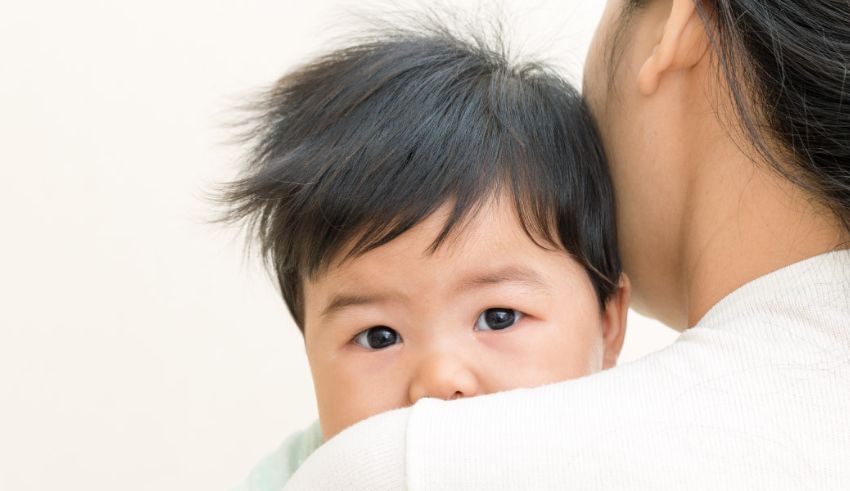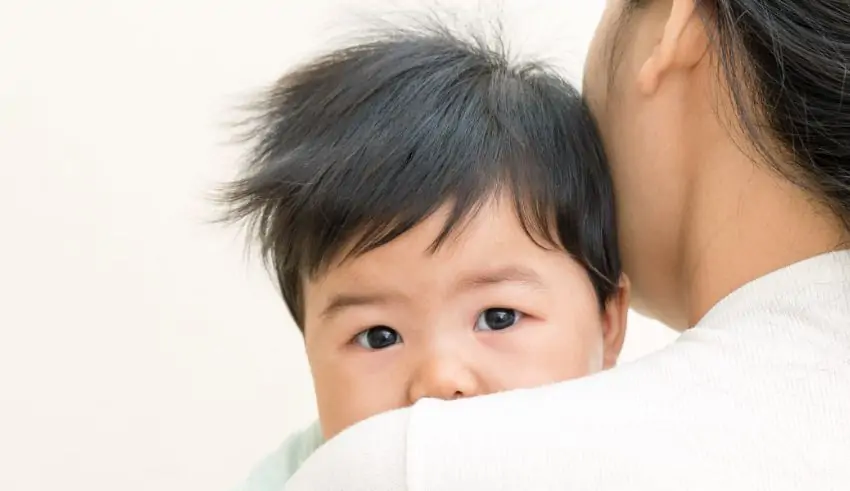

(C) N_IUSSP
South Korea has the world’s lowest fertility rate, which means that the average number of children a woman is expected to have in her lifetime is far below the level needed to maintain a stable population. According to the latest data from Statistics Korea, the fertility rate in South Korea fell to a record low of 0.72 in 2023, down from 0.78 in 2022.
This is well below the replacement rate of 2.1, which is the minimum required to prevent population decline. The low fertility rate has serious implications for South Korea’s economy and security, as it leads to a shrinking and aging population, a declining workforce, and a rising dependency ratio.
There are various factors that contribute to the low fertility rate in South Korea, such as social, economic, and cultural changes. Some of the main causes are:
The low fertility rate in South Korea has serious consequences for the country’s economy and security, such as:
Shrinking and aging population: The low fertility rate leads to a decline in the total population and an increase in the proportion of elderly people. According to the UN projections, South Korea’s population will peak at 51.7 million in 2028, and then drop to 39.3 million by 2060. The share of people aged 65 and over will rise from 15.7% in 2020 to 46.5% by 2060.
In a big geopolitical and economic move, Indonesia has announced plans to cut its fuel imports from Singapore substantially, and…
In 2026 June, the FIFA World Cup will commence which is hosted togetherly by Mexico, U.S. and Canada. Ahead of…
After a long journey of league matches the finale showdown has arrived in the UEFA Champions League 2025. The final…
Malaysia’s national carmaker Perodua is taking the wheel in the electric vehicle (EV) era and with a local focus. At…
The leading and the successful agency HYBE and eggiscoming has unveiled a new notification regarding the upcoming new variety show…
The Ministry of Foreign Affairs (MFA) in Singapore has upped its travel warning for Singaporeans by advising against travelling to…
This website uses cookies.
Read More